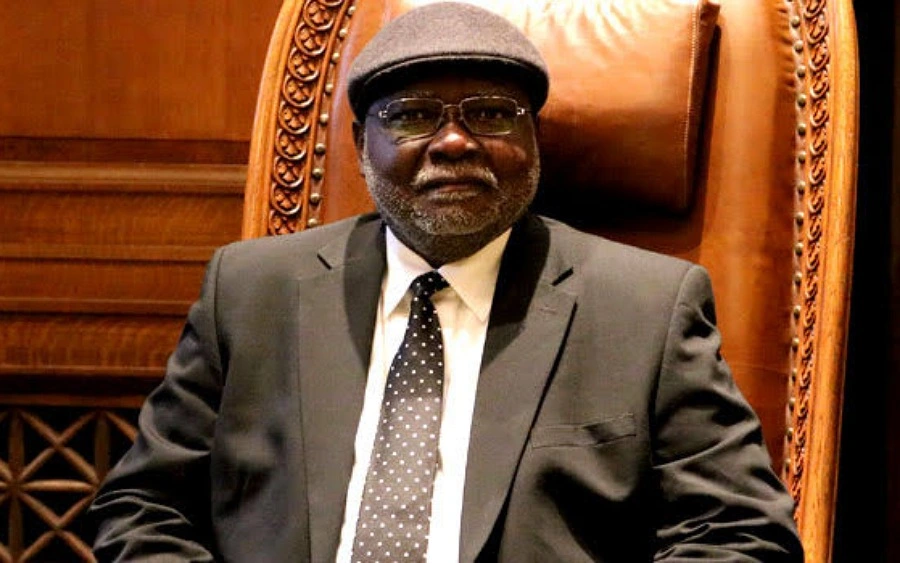By Muiz Banire
IT was Chidi Odinkalu that recently wrote an article titled, ‘Judiciary As A Lost Hope of the Common Man’. The article which trended for a reasonable period in the social media, was misconstrued in some quarters to be an indictment on the judiciary and, by extension, the judicial officers.
I honestly do not see it from that perspective, and urge that we do not appreciate the import from that angle. For the simple reason that I am inviting those who missed the opportunity to read the piece to visit it, and for the stronger reason that it is not my intention to x-ray his thoughts in this conversation but merely interrogate the subject from another perspective, I have chosen not to share the content. By the Constitution of Nigeria, the grundnorm of all legal instrument in the country, the judiciary ought to be the last hope of the common man as well as, I dare say, the
uncommon man. The import of this is that while the Constitution provides for the institution to settle all conflicts amongst citizens, organs of state and institutions, be it public or private, the vulnerable in our society are calibrated to be the greatest beneficiary of the judicial institution.
This is explainable and justifiable on the ground that they lack the capacity to employ any other means or alternative to interrogate their threatened or violated rights. In other words, while organs of state can employ the extrajudicial myth available to them to abate any threat or remedy wrong done to them; same with the institutions and some privileged citizens, the vulnerable citizens amongst us do not have such capacity. Hence, the universal belief is that the judiciary, in their circumstances, is the only institution that can come to their aid in the protection of their rights.
This is the rationale behind the common saying that ‘judiciary is the last hope of the com- mon man’. In the context of the Nigerian situation, can we really say that the above is a truism? The answer to this is the kernel of our conversation in this discourse. For us to appreciate the discussion, I believe it is crucial and apt that we understand that for the judiciary to actually serve as the last hope of the common man, the promotion and sustenance of the rule of law is key and central. Without going into any legalistic or philosophical jargons or theories, permit me to just cursorily describe the rule of law in this context as the adherence to the laws by all citizens corporate or artificial and organs of state. Simply put, all acts and omissions of all must be regulated in the laws of the state at all times.





